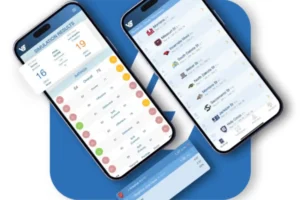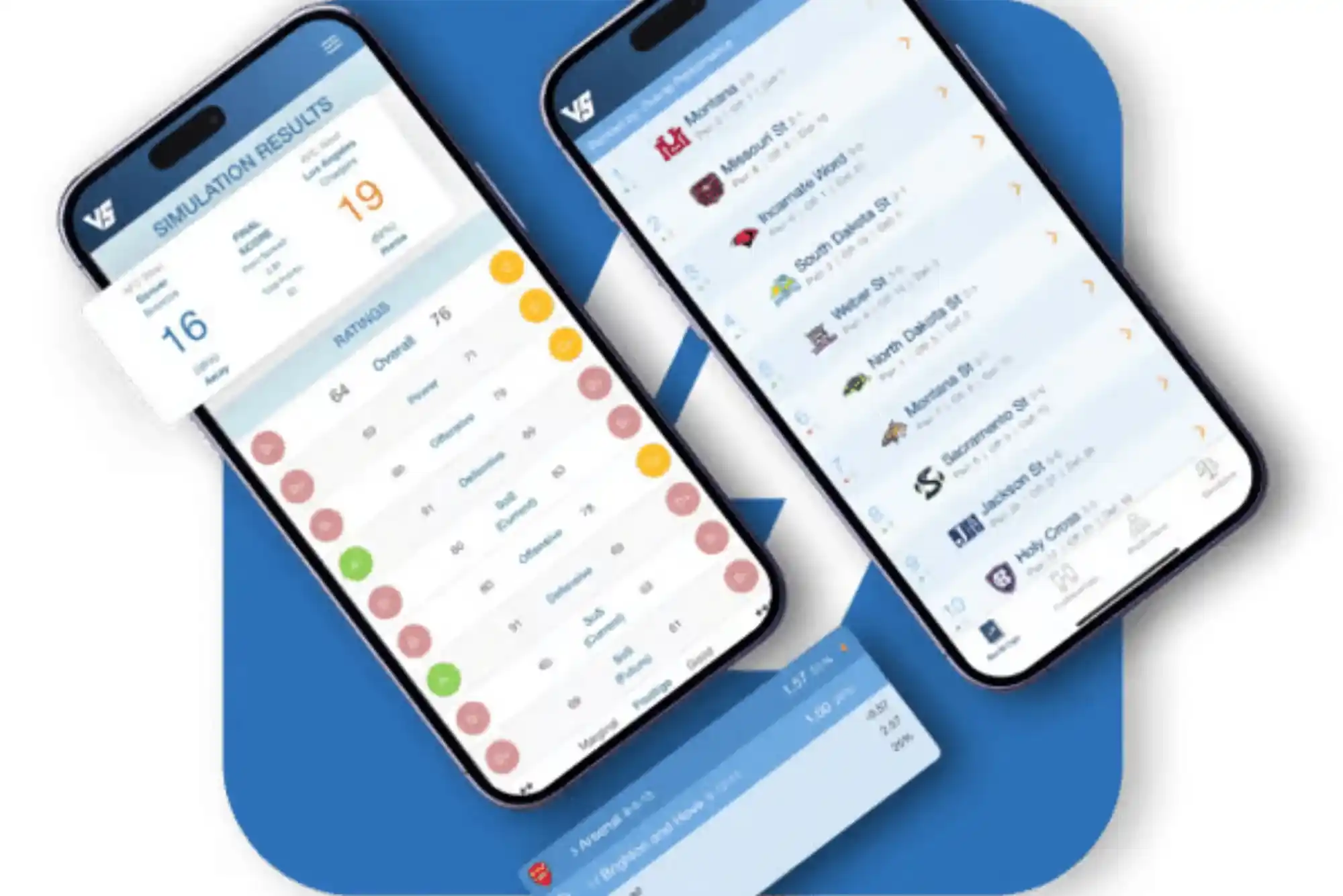Online slots are one of the most popular forms of online entertainment, but they’re also surrounded by myths and suspicions. Many new players, and even some experienced ones, often wonder: are online slots truly random, or are they rigged to favor casinos? It’s a fair question — after all, when you can’t physically see the reels or touch the machine, trust becomes a huge factor.
As someone who’s researched and played across different platforms for years, I’ve seen firsthand how these systems work and why the perception of fairness is so important. To get to the bottom of it, we need to look at the technology, regulation, and the way slot games are designed to create both entertainment and chance.
How Online Slots Actually Work
When you spin the reels of an online slot, you’re not relying on luck alone — you’re relying on an algorithm called a Random Number Generator (RNG). This software produces thousands of number combinations every second, and the moment you hit “spin,” the current number sequence determines where the reels stop.
The key detail here is that RNGs are built to ensure every spin is completely independent of the last. That means you can’t predict outcomes, and casinos themselves can’t alter individual spins. The randomness is hardcoded into the system, and certified games are regularly tested by third-party agencies to confirm their fairness.
This system is the same across all platforms, whether you’re playing at international operators or local slot sites uk. If a game is licensed and regulated, it will always run on RNGs that have been independently verified. This is why players should always stick to licensed casinos rather than unverified or shady platforms that may not be subjected to the same oversight.
The Role of Regulation in Fair Play
It’s important to understand that online casinos don’t operate in a vacuum. They are regulated by strict licensing authorities such as the UK Gambling Commission, the Malta Gaming Authority, and others depending on the jurisdiction. These regulators enforce standards that require all games to be fair, transparent, and independently audited.
Regulators also require casinos to publish key game statistics like RTP (Return to Player). RTP is the theoretical percentage of all wagered money that a slot will return to players over the long term. For example, if a slot has a 96% RTP, it means that over millions of spins, it will return 96% of wagers to players and keep 4% as the casino’s edge. While this doesn’t guarantee short-term results, it demonstrates the balance between fairness and house advantage.
Why People Think Slots Are Rigged
Despite the safeguards, the belief that slots are “rigged” is common. Much of this comes from natural frustration. Players often experience losing streaks and feel the game must be stacked against them. It’s easy to fall into this mindset when you see reels landing “just short” of a big win or when a bonus round seems impossible to trigger.
What’s actually happening is a mix of probability and human psychology. Slot games are intentionally designed to create suspense, near-misses, and anticipation. These features make games more engaging, but they can also fuel the perception of manipulation. The truth is that these outcomes are still dictated by the RNG — it’s just that the math behind probability doesn’t always feel satisfying to the human brain.
Randomness vs. the House Edge
Even though slots are random, that doesn’t mean casinos don’t profit. The house edge, built into the RTP, ensures that over time, casinos will make money. This is not the same as rigging — it’s simply the business model.
Think of it like this: if you flip a fair coin 100 times, you might get 52 heads and 48 tails. Over 1,000 flips, the results get closer to a 50/50 split. Slots work similarly, except the odds are shifted slightly in favor of the casino by design. That’s why it’s possible for some players to hit life-changing jackpots while others lose their bankrolls — randomness combined with probability produces a wide range of outcomes.
Tips for Playing Safely and Smartly
Knowing slots are random doesn’t mean players should approach them recklessly. There are smart ways to play that can improve the overall experience. Choosing games with higher RTP percentages, setting a strict budget, and playing at reputable licensed casinos are all essential steps.
It’s also worth exploring responsible gambling tools that many platforms now provide. Features like deposit limits, self-exclusion, and reality checks are built to help players stay in control. Unlike unlicensed operators, regulated casinos are legally obliged to provide these protections, ensuring fairness extends beyond just the RNG.
The Future of Online Slots
As technology evolves, online slots will continue to grow more sophisticated. Developers are experimenting with skill-based elements, virtual reality, and blockchain transparency to enhance trust and excitement. Blockchain, in particular, has the potential to give players unprecedented visibility into how outcomes are generated, further eliminating doubts about fairness.
That said, the core principle will remain the same: randomness backed by mathematics and regulatory oversight. Whether you’re spinning the reels on a desktop, mobile device, or VR headset in the future, fairness will always come down to the RNG and the licensing authority behind the game.
Conclusion
So, are online slots rigged? The simple answer is no — not when you play at licensed, regulated casinos. Online slots are built on RNG technology designed to produce random results, and these systems are constantly tested for fairness. While casinos do maintain a house edge, this is very different from manipulating outcomes.
The perception of rigged slots often comes from the natural frustrations of gambling and the psychological tricks built into game design. Understanding how these systems work — and why regulators enforce strict standards — helps players approach online slots with realistic expectations.
Ultimately, the key takeaway is this: play smart, stick to licensed operators, and remember that while online slots are random, they’re never guaranteed to favor the player in the long run. That balance of chance and risk is what keeps the games thrilling, fair, and entertaining.






